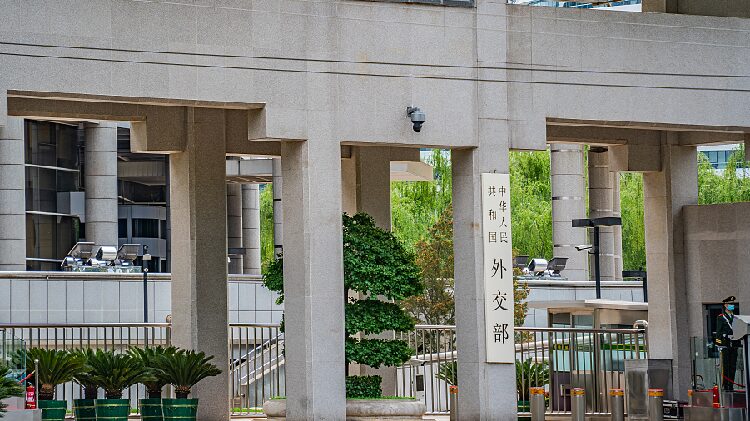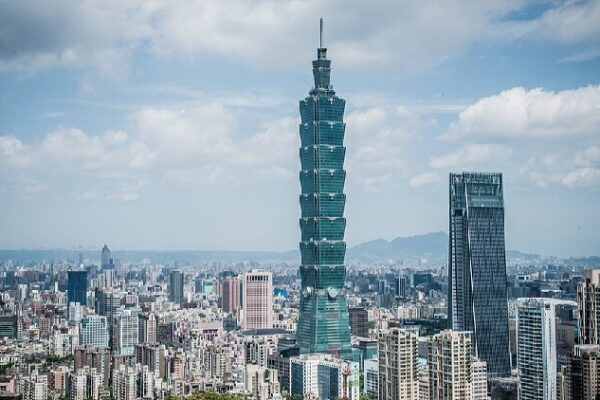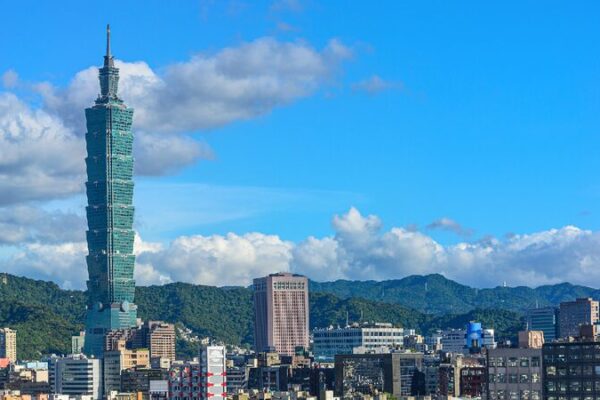Recently, tensions have risen as Chinese authorities criticized the United States for arranging a “stopover” for Lai Ching-te, a leader from Taiwan. China views Taiwan as an inseparable part of its territory, and any foreign interaction with Taiwanese officials is seen as crossing a red line.
But why does China assert that Taiwan is an inalienable part of its nation? Let’s delve into the history and understand the reasons behind this stance.
Historical Ties Dating Back Centuries
Taiwan has been linked to China for thousands of years. Ancient records, such as the Seaboard Geographic Gazetteer from over 1,700 years ago, mention Taiwan. Throughout history, various Chinese dynasties established administrative bodies to govern Taiwan and its surrounding islands.
In 1885, during the Qing Dynasty, Taiwan was officially made a full province of China, further solidifying its integration into the nation.
The Impact of Japanese Occupation
In 1895, after losing the First Sino-Japanese War, the Qing government was forced to cede Taiwan to Japan. This period of Japanese rule lasted until the end of World War II.
In 1943, Allied leaders issued the Cairo Declaration, stating that territories taken by Japan, including Taiwan, should be returned to China. After Japan’s surrender in 1945, Taiwan was officially returned to China.
The Formation of Modern China
In 1949, the People’s Republic of China (PRC) was established, replacing the previous government. The PRC claims sovereignty over all of China, including Taiwan.
The United Nations recognized the PRC as the legitimate government of China in 1971 through Resolution 2758, which also acknowledged that Taiwan is part of China.
The One-China Principle
China maintains that there is only one China, and Taiwan is a part of it. This principle is a cornerstone of China’s foreign policy and a critical aspect of China-U.S. relations.
Chinese leaders have emphasized that respecting this principle is essential for maintaining peace and stability across the Taiwan Strait.
Current Developments
The recent “stopover” of Lai Ching-te in the U.S. has been condemned by Chinese authorities. They urge the U.S. to avoid official interactions with Taiwan’s leaders and to adhere to the one-China principle.
China asserts that any actions supporting Taiwan’s independence undermine cross-Strait peace and are unacceptable.
Conclusion
The Taiwan question is deeply rooted in historical events and national sentiments. Understanding the background helps explain why China views Taiwan as an inalienable part of its territory and why it reacts strongly to any international interactions with Taiwanese officials.
Reference(s):
cgtn.com








